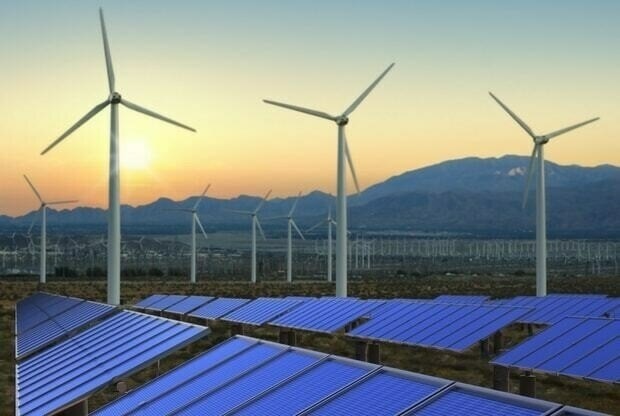
On the 10th anniversary of China’s influential Belt and Road Initiative (BRI), the evolving partnership between Pakistan and China can potentially lead the charge towards a sustainable tomorrow.
At the heart of this transformative journey lies the China-Pakistan Economic Corridor (CPEC), which now emerges not just as a symbol of enduring friendship but could also become a beacon for global environmental stewardship.
To this end, Renewables First (RF) in partnership with People of Asia for Climate Solutions (PACS) released a brief emphasising China’s unparalleled potential in steering this shift toward green energy.
“With its global leadership in the Renewable Energy domain, China can sculpt a sustainable blueprint for Pakistan, serving as a model for other nations on the BRI corridor,” stated the report.
Historically, CPEC’s infrastructural progress, heavily backed by Chinese investments, leaned predominantly on coal projects. This demands pivoting towards renewable energy deployment going forward to address the underlying environmental footprint of previous projects.
The report underscores, “In a rapidly changing world where climate vulnerabilities threaten geopolitical and socioeconomic landscapes, the thematic core of projects like CPEC must resonate with global sustainability aspirations.”
Tom Xiaojun Wang, Executive Director of PACS, reflected on this evolution, stating, “Under the BRI, there are important corridors, such as CPEC, that connect countries with China through mutually agreed, designed, and constructed sustainable projects.”
Ranking amongst the most vulnerable countries to climate change poised with river flow reductions, alarming glacial melt rates, and frequent catastrophic flooding, embarking on greener and sustainable development ventures has become an existential necessity for Pakistan.
China’s 2021 landmark decision to curtail overseas coal plant projects, paired with its unwavering commitment to harness renewable energy sources, signals a renewed vision for CPEC.
This strategic alignment is bolstered by Pakistan’s ambitious target of propelling solar and wind share to 30% of its total electricity mix by 2030.
Moreover, opportunities for holistic collaborations are abundant. Beyond the power sector, Pakistan’s initiatives to electrify transport, industrial, and domestic sectors amplify the synergy between the two nations, ensuring benefits that extend beyond borders.
Economic setbacks, such as Pakistan’s challenges in managing power payments, emphasise the dire need for both environmentally prudent and fiscally strategic collaborations.
Companies like Goldwind are already making substantial inroads in Pakistan’s renewable energy sector.
But the landscape promises further expansion. Solar and wind energy sectors are forecasted to surge dramatically in the next decade, further elevating CPEC as an emblematic epicentre for green investments.
“China and Pakistan are poised at a unique intersection of economic growth and environmental diligence,” said Muhammad Basit Ghauri, Sr. Associate at RF. “Blending economic aspirations with environmental tenets can redefine CPEC, transforming it from a mere infrastructural marvel to a global touchstone in sustainable overseas development,” he further explained.
As the world grapples with the challenges of climate change, initiatives like CPEC become instrumental in crafting a responsive strategy. By harnessing China’s global green initiatives and leveraging Pakistan’s expansive renewable energy potential, the ensuing decade of CPEC promises a narrative of progress, prosperity, and above all, sustainability.
